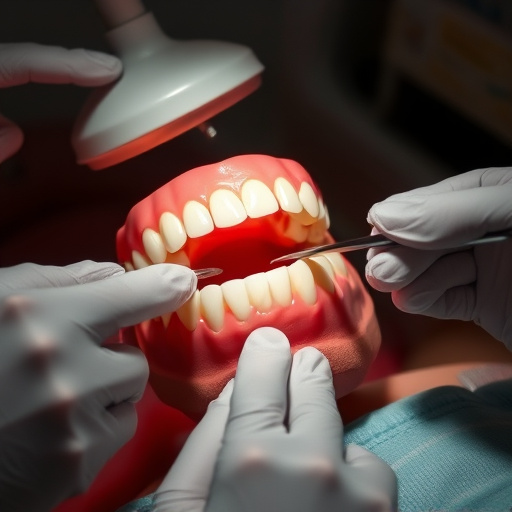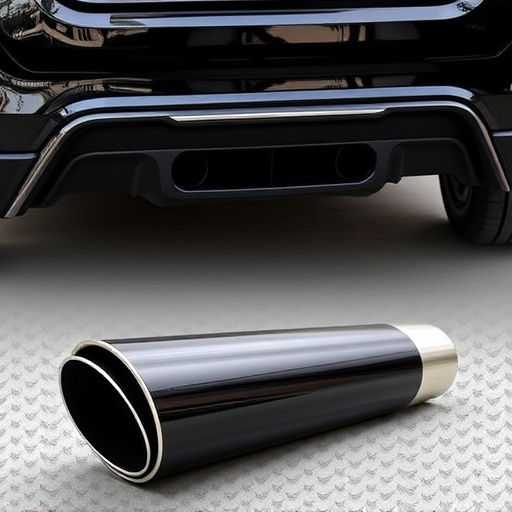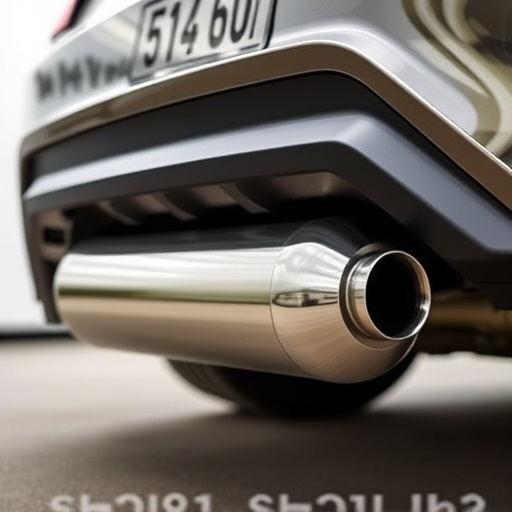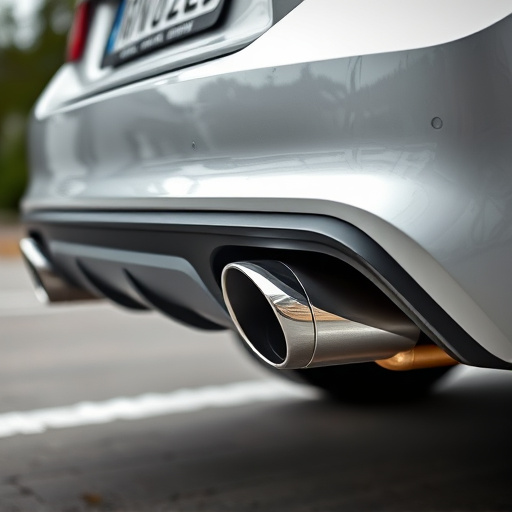The vehicle suspension system is critical for safe and comfortable driving, absorbing impacts and maintaining control. Modifying it through kits or upgrades can enhance performance but requires caution to avoid compromising safety, handling, and crash test ratings. Strict adherence to regulations, using certified parts, ensures legal compliance and retains original safety features.
In today’s automotive landscape, understanding how vehicle suspension system modifications impact safety ratings is paramount. The suspension, a cornerstone of vehicle dynamics, plays a crucial role in handling, stability, and passenger protection. This article delves into the intricacies of basic suspension systems and explores their significant effect on crash test outcomes. We also examine safety considerations and regulatory standards for altered suspensions, providing insights for both enthusiasts and industry professionals.
- Understanding Vehicle Suspension System Basics
- Impact of Suspension Modifications on Crash Test Results
- Safety Considerations and Regulatory Standards for Altered Suspensions
Understanding Vehicle Suspension System Basics
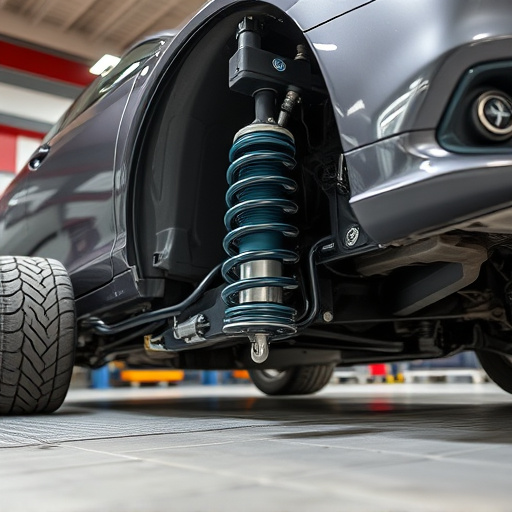
The vehicle suspension system is a critical component that connects your car to its wheels, enabling smooth and controlled movement. It consists of several parts, including springs, shocks, struts, and control arms, all working together to absorb impacts from road irregularities, maintain vehicle stability, and ensure driver comfort. Basic suspension systems are designed to provide a balance between ride quality, handling, and safety.
Modifying these elements, such as installing performance-tuned suspension kits or upgrading intake components and exhaust mufflers, can significantly impact the overall dynamics of the vehicle. While such upgrades may enhance performance and driving experience, they must be carefully considered regarding safety ratings. Improperly modified suspensions could lead to reduced control, increased body roll, or altered handling characteristics, potentially compromising the vehicle’s stability in critical situations.
Impact of Suspension Modifications on Crash Test Results
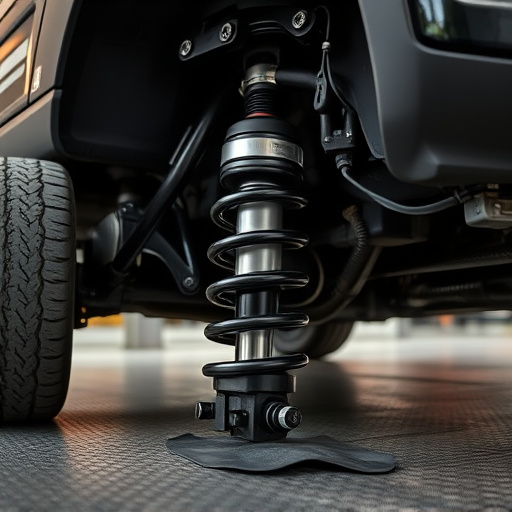
Suspension system modifications can significantly impact a vehicle’s crash test results. When drivers opt for upgrades like coilover kits or install cold air intakes, they often focus on performance improvements. However, these changes can alter the vehicle’s weight distribution and handling dynamics, which play a critical role in safety ratings. In many cases, modification can affect the car’s stability during sudden maneuvers or collisions, potentially increasing the risk of rollovers or reduced crash mitigation.
Engineers conduct rigorous testing to ensure that any modifications to suspension components do not compromise structural integrity or the vehicle’s ability to absorb and distribute crash energy effectively. Properly executed upgrades can enhance overall performance without sacrificing safety when designed with these considerations in mind.
Safety Considerations and Regulatory Standards for Altered Suspensions
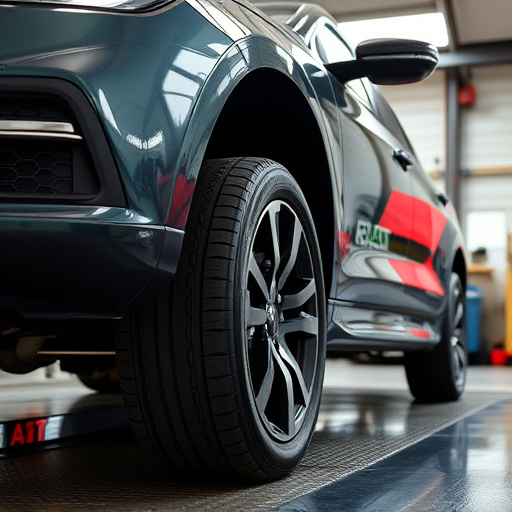
When modifying a vehicle’s suspension system, safety considerations become paramount. Altering how a car connects to its wheels can significantly impact handling, stability, and overall ride quality. Any changes made should be balanced with the goal of enhancing performance without compromising safety. Regulatory standards exist for a reason; they are designed to ensure vehicles maintain a certain level of safety, even when modified.
These regulations govern aspects like the strength and integrity of components, tire pressures, and braking systems. Modifying these elements—including upgrading suspension kits or installing exhaust tips—requires careful consideration and adherence to guidelines. Using approved and certified parts can help ensure that alterations not only comply with legal standards but also maintain the safety ratings of the original vehicle suspension system.
Suspension system modifications can significantly impact a vehicle’s safety ratings, as demonstrated by various crash test results. Understanding the basic components of a vehicle suspension system is crucial, as alterations can affect handling, stability, and collision mitigation capabilities. While some modifications may enhance performance, they must adhere to stringent regulatory standards to ensure passenger safety. Safety considerations should always guide any modification, ensuring that vehicles remain safe and reliable on the road.


